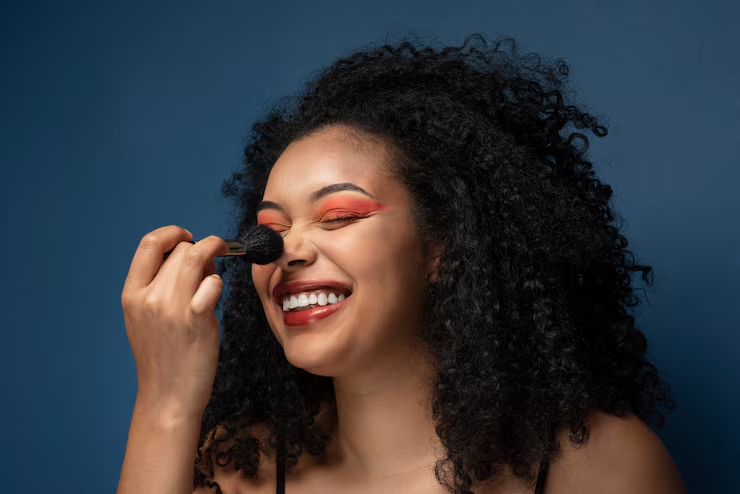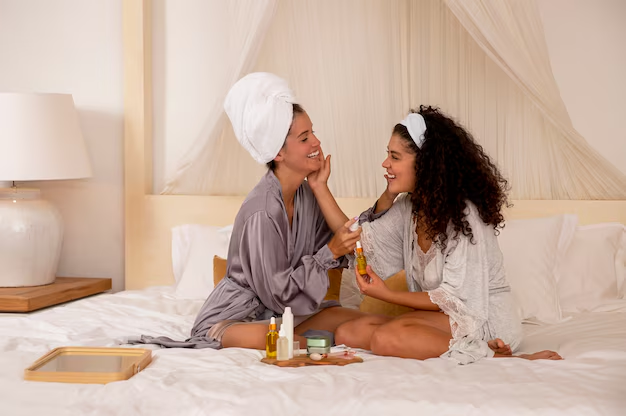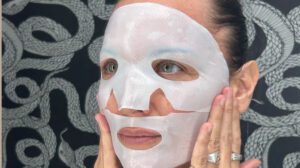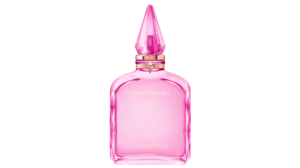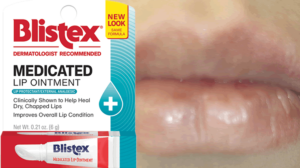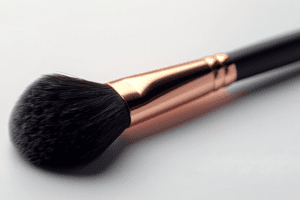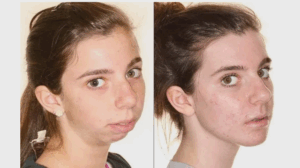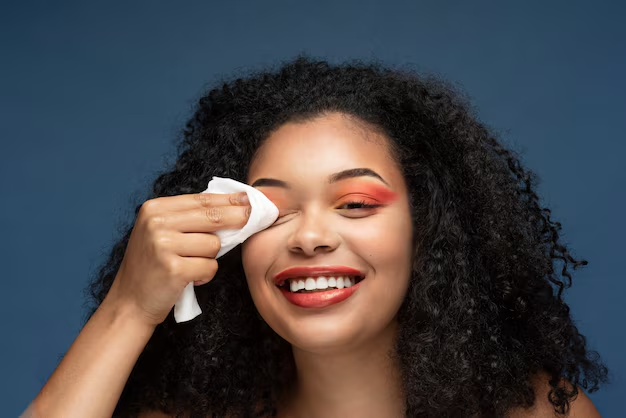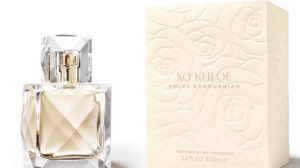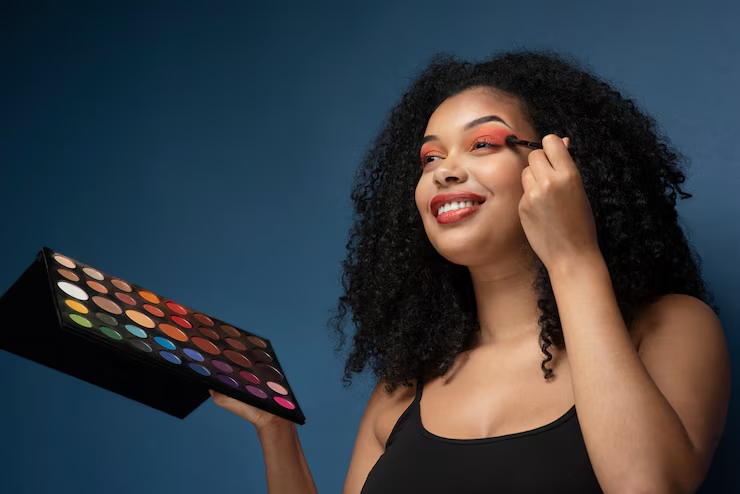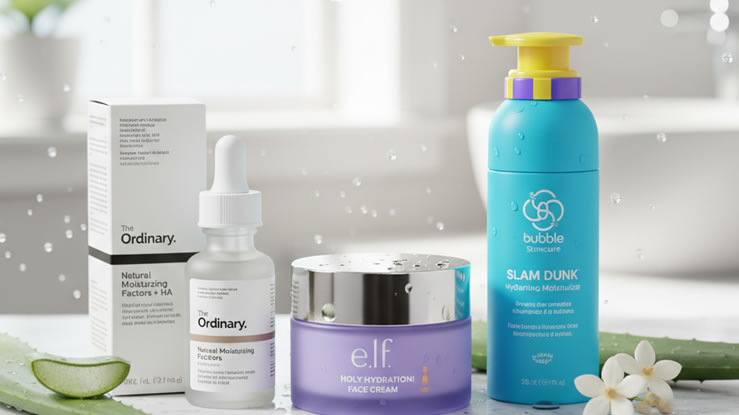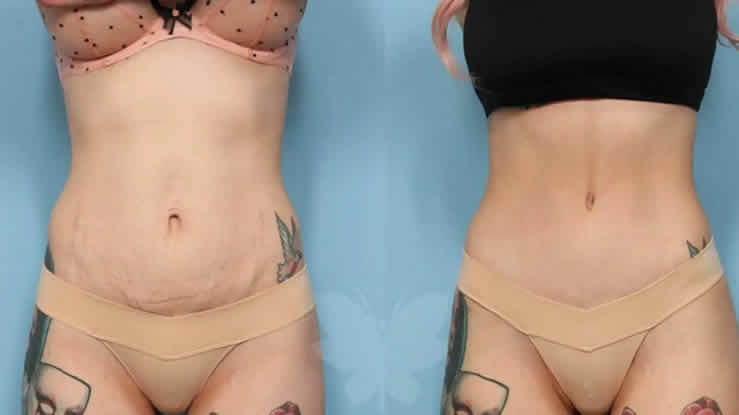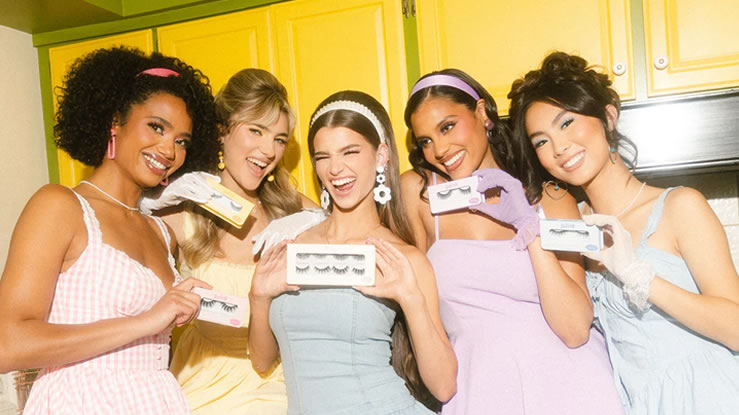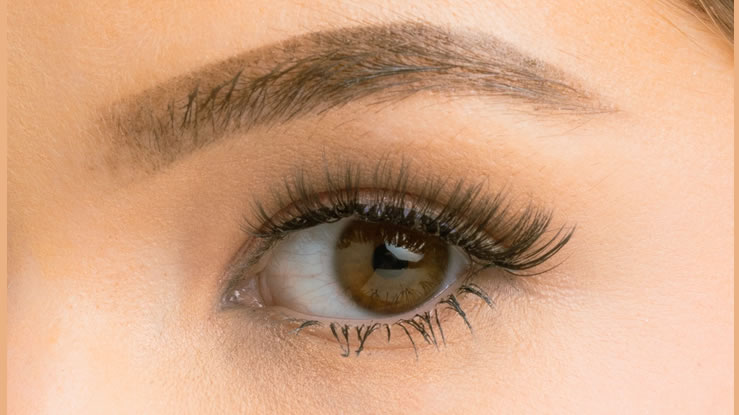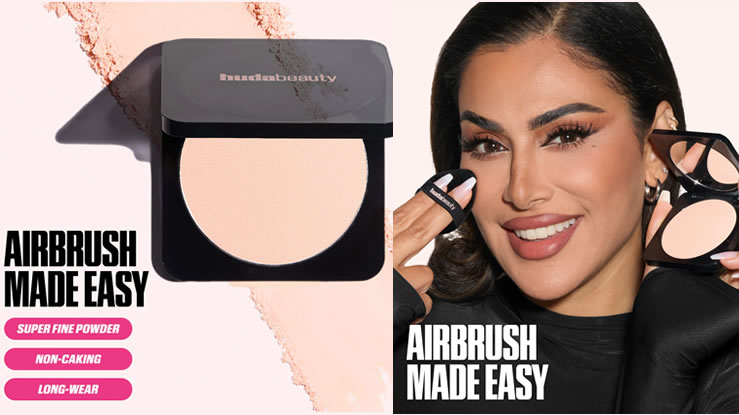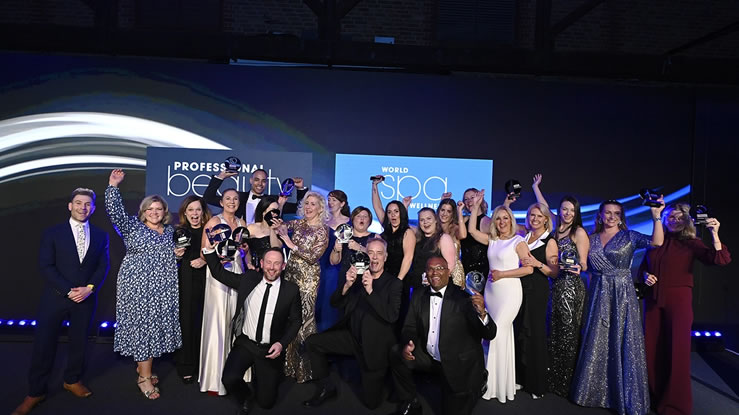African beauty standards are as diverse as the continent itself, a rich tapestry woven with cultural heritage, ancestral wisdom, and modern evolution. From the radiant glow of melanin-rich skin to the bold hairstyles that tell stories of identity and pride, African beauty cannot be confined to a single definition. It’s fluid, multidimensional, and deeply rooted in both tradition and self-expression.
In this article, we’ll explore the essence of African beauty standards, how they’ve evolved, what they represent today, and how they’re influencing the global beauty scene.
The Historical Roots of African Beauty
African beauty has always been deeply symbolic. Historically, beauty wasn’t just about physical appearance it reflected one’s status, tribe, spirituality, and connection to nature.
In ancient Egypt, for example, beauty was associated with divine balance and harmony. Both men and women adorned themselves with kohl eyeliner, gold jewelry, and perfumed oils to express refinement and spiritual purity. Similarly, in West African cultures, body markings, scarification, and intricate hairstyles were used as identifiers telling stories about a person’s lineage, social rank, and marital status.
Across the continent, beauty was viewed as an extension of inner strength, wisdom, and community. It was never merely skin-deep it was sacred.
The Diversity of African Beauty
Africa is home to over 50 countries and thousands of ethnic groups, each with its own distinct beauty ideals. This diversity is what makes African beauty so rich and captivating.
In East Africa, long necks adorned with beadwork, slender bodies, and intricate henna patterns often define femininity and grace. The Maasai, for instance, view colorful bead jewelry as a form of personal storytelling and cultural pride.
In West Africa, fuller bodies have traditionally been celebrated as symbols of wealth, health, and fertility. Women often use natural oils like shea butter and palm kernel oil to maintain glowing, supple skin.
In North Africa, beauty is expressed through ornate eye makeup, strong brows, and perfumed oils. Berber women use natural kohl and henna, blending beauty rituals with cultural identity.
In Southern Africa, traditional hairstyles, beadwork, and skin adornments are deeply tied to rites of passage and spirituality.
Each region celebrates beauty differently, yet all share a common thread: authenticity, heritage, and connection to nature.
Modern Influences and Western Pressure
With globalization and the rise of social media, African beauty standards have evolved, sometimes blending with Western ideals, other times resisting them entirely.
For decades, Western media promoted Eurocentric beauty ideals of lighter skin, straight hair, and slim body types, which often made African women feel pressured to conform. This led to widespread use of skin-lightening products and chemical hair straighteners, often at the expense of health and cultural identity.
However, in recent years, there’s been a cultural awakening. African women are reclaiming their roots and redefining beauty on their own terms. Movements like #BlackIsBeautiful and #MelaninMagic have helped shift the narrative, promoting pride in darker skin tones, natural hair textures, and African heritage.
The Role of Natural Hair in African Beauty
Hair is one of the most expressive aspects of African beauty. It’s not just a style, it’s a statement.
Afro-textured hair has long been misunderstood by Western beauty standards, yet it remains one of the most powerful symbols of identity and resistance. From the intricate cornrows of West Africa to the bold afros of the 1970s Black Power movement, African hair tells stories of resilience and pride.
Today, the natural hair movement has become a global phenomenon. Women across the continent and diaspora are embracing their curls, coils, and kinks, rejecting the idea that beauty must conform to straightened or “tamed” hair.
Natural hair care brands using indigenous ingredients like shea butter, coconut oil, and baobab oil have flourished, promoting healthier, authentic alternatives.
Skin Tone and the Celebration of Melanin
One of the most defining features of African beauty is melanin, the pigment that gives skin its radiant tone.
For years, colorism, the preference for lighter skin within communities, created divisions and insecurities. But today, melanin is being celebrated as a mark of strength and uniqueness.
Social media influencers, models, and actresses with darker skin tones like Lupita Nyong’o, Duckie Thot, and Adut Akech have shattered outdated standards and redefined global beauty. Their visibility has helped normalize and glorify African features in mainstream fashion and film.
The melanin movement encourages African women to wear their skin proudly, using natural skincare routines and sun-protective habits to enhance their natural glow rather than alter it.
African Beauty Rituals and Ingredients
African beauty practices are rooted in nature. For centuries, communities have used organic, locally sourced ingredients for skincare and wellness.
Some of the most popular traditional beauty secrets include:
-
Shea Butter (West Africa): Used for moisturizing and healing the skin.
-
Black Soap: A gentle cleanser that evens out skin tone and clears impurities.
-
Argan Oil (North Africa): Known for its hair-nourishing and anti-aging properties.
-
Moringa and Baobab Oils: Packed with antioxidants that rejuvenate the skin.
-
Henna: Used for body art and hair coloring, symbolizing celebration and beauty.
These natural ingredients are now being incorporated into mainstream global skincare brands, a testament to Africa’s influence on modern beauty science.
The Rise of African Beauty Brands
African entrepreneurs are reclaiming the narrative by creating beauty brands that celebrate and cater to African skin, hair, and identity.
Brands like Nokware Skincare (Ghana), Nuban Beauty (Nigeria), Lulu & Marula (South Africa), and R&R Luxury are pioneering authentic African beauty, merging indigenous knowledge with modern technology.
These brands not only highlight natural ingredients but also empower local communities by sourcing ethically and promoting sustainability.
Beauty, Body Image, and Empowerment
African beauty standards are shifting toward inclusivity and self-acceptance.
In many African societies, curvier bodies are admired as symbols of health and femininity. Yet, urbanization and Western media have introduced conflicting ideals, leading some women to feel pressured to fit into thinner, “Instagram-worthy” silhouettes.
The good news is that body positivity movements are gaining traction across Africa. Women are embracing their natural forms, celebrating stretch marks, cellulite, and natural features without shame.
The rise of African models and influencers representing diverse body types like Precious Lee, Nyadak Thot, and Thando Hopa continues to challenge narrow beauty ideals.
Global Impact: Africa’s Influence on the World
Africa’s beauty influence has gone global. From braids on red carpets to the use of shea butter in luxury skincare, African aesthetics have shaped international trends.
Fashion houses are collaborating with African designers, and beauty brands are finally catering to deeper skin tones and textured hair. Social media has amplified African creativity, turning traditional looks into viral trends.
The world is finally realizing what Africa has always known that beauty is not a single standard but a spectrum of authenticity, history, and confidence.
African beauty standards are not confined to a single look or ideal; they are expressions of identity, pride, and self-love. They celebrate melanin, texture, curves, and heritage in ways that transcend fleeting trends.
As the world moves toward inclusivity, African beauty continues to inspire, reminding us that true beauty lies in embracing our roots, our skin, and our stories.
African beauty is not about perfection; it’s about power. It’s about reclaiming narratives, honoring heritage, and celebrating individuality. And as the world watches, Africa continues to shine unapologetically, naturally, and beautifully.

